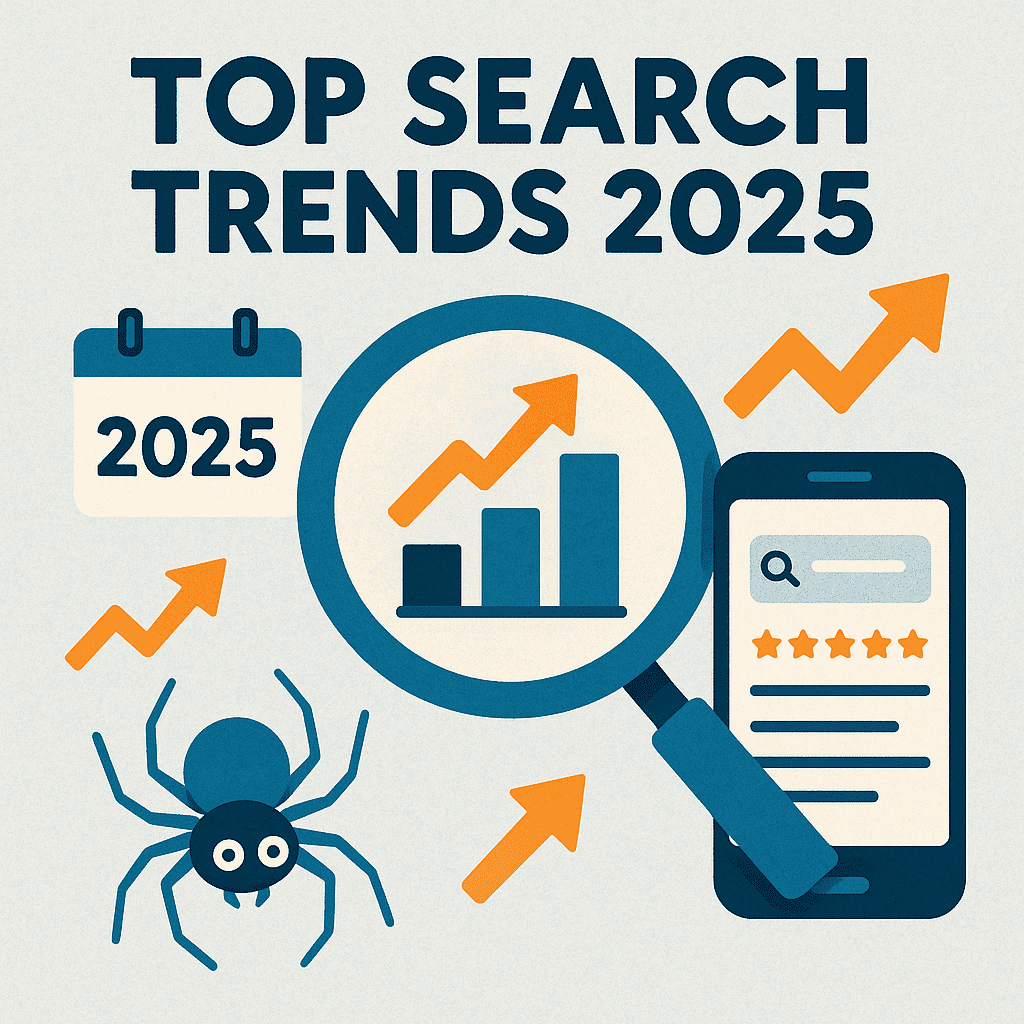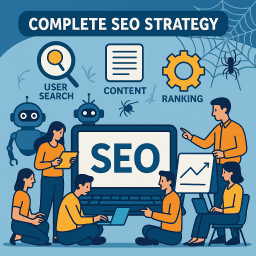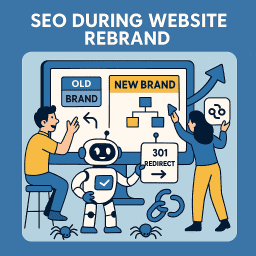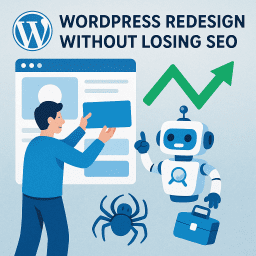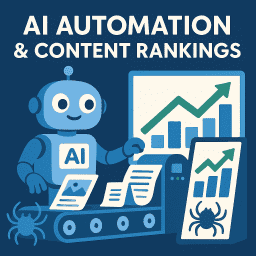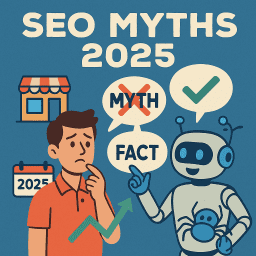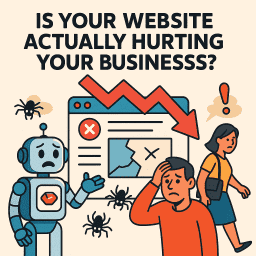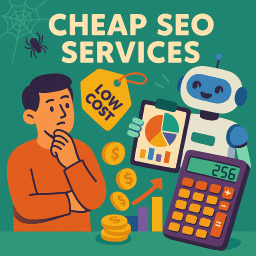Top Search Trends during 2025: SEO Insights & Strategy
Discover what the world is searching for in 2025 – and how you can turn those insights into SEO and content wins.
🔥 What’s Hot in Search — And How to Use It
Understanding what people are searching for is no longer optional – it’s essential. In 2025, staying on top of search trends gives you real-time insights into what matters most to audiences right now.
Whether you’re a content creator, product developer, SEO strategist, or PR professional, knowing how and why search behaviour shifts can help you make smarter, faster decisions.
From AI breakthroughs and global events to viral challenges and industry disruptions, the top search trends of 2025 reflect a fast-moving, curiosity-driven digital world. In this post, we’ll look at what people are searching for, why it matters, and – critically – how to use that information to your advantage.
This isn’t just a roundup of popular keywords. You’ll learn how to analyse trends, spot opportunities, and adapt your SEO strategy to align with evolving interests and intent. Let’s dig in.
🔝 Top Google Searches So Far in 2025
- 🤖 AI tools and platforms – e.g., “ChatGPT plugins,” “Gemini AI vs ChatGPT,” “OpenAI updates”
- 🗳️ Global politics – “US election candidates 2025,” “EU data law updates”
- 🎬 Entertainment releases – “Oppenheimer streaming date,” “Stranger Things final season”
- 💰 Cost of living & inflation – “Grocery prices UK,” “mortgage rate forecasts”
- 🌍 Climate & sustainability – “green tech startups,” “sustainable packaging trends”
- 📱 Social media platforms – “TikTok SEO tips,” “Threads vs X,” “YouTube algorithm 2025”
- 🏃 Health & lifestyle – “intermittent fasting 2025,” “mental health apps,” “fitness at home”
🔍 Why These Topics Are Trending
- 📡 News and events: Real-time coverage fuels spikes – especially with political events, scandals, or legislation.
- 🧠 AI-driven curiosity: The surge in generative tools is changing how people work and search – so they search more about AI itself.
- 📈 Economic pressure: Ongoing inflation and financial uncertainty prompt people to search for budgeting, cost-saving tips, and investment guidance.
- 🎥 Pop culture and streaming: Film and TV releases still dominate attention cycles, especially when cross-promoted on social media.
- 🌱 Conscious consumption: Users want brands to be transparent and green—reflected in how they search for products, brands, and issues.
🧠 Why Search Trends Matter (and for Whom)
- 📝 Content creators: Know what to write or post about that your audience actually cares about.
- 🧪 Product developers: Spot unmet needs or growing interest in a new feature, tool, or pain point.
- 📢 PR teams: Align campaigns with emerging conversations to gain media relevance and timing.
- 📊 SEO strategists: Use trends to create topical relevance and traffic spikes, while strengthening long-term authority.
📚 Types of Search Trends
- 🚨 Short-term spikes: Think viral challenges, breaking news, or seasonal topics. These trend hard and fast—then vanish.
- 🗓️ Recurring annual trends: Holidays, sales (e.g., Black Friday), and school terms all have predictable interest cycles.
- 📈 Emerging growth trends: Steadily increasing interest in new tools, industries, or habits—like “AI writing prompts.”
- 🔻 Declining trends: Formerly popular terms that are losing steam. Helpful for identifying what to drop or archive.
🔑 How to Use Search Trends in SEO Strategy
1. Monitor trends with the right tools
- 📊 Google Trends
- 💥 Exploding Topics
- 📈 Semrush & Ahrefs
2. Identify content gaps
- 📂 Use trends to find subjects you haven’t yet covered
- 🔍 Build blog posts, FAQs, or product pages to fill those gaps
3. Forecast seasonal and evergreen content
- 🗓️ Use historic data to plan yearly campaigns
- 📌 Identify high-volume, consistent queries
4. Balance “fast” and “timeless” content
- ⚡ Create quick-turnaround articles for trending topics
- 📘 Build cornerstone content for authority
5. Align with intent
- 🎯 Match format to expectations: answer fast, use lists
- 💡 Use “People Also Ask” boxes to guide layout
📌 Real Examples of Trend-Driven SEO in Action
✅ Winning Example: A mental wellness app published a blog about “AI for anxiety tracking” just before the topic exploded. They ranked fast, drove 20k new visits, and gained backlinks from major media.
❌ Missed Opportunity: A sustainable fashion brand ignored growing search interest in “recycled denim 2025” until competitors dominated SERPs.
Lesson: Watch rising topics early, create quickly but thoughtfully, and stay aligned with your values.
✅ Final Tips & Takeaways
- 🗓️ Check Google Trends weekly or monthly
- 🚫 Don’t chase trends blindly – match to audience
- 💬 Use trend data to shape campaigns
- 📐 Test everything
Trends don’t just change search – they reflect how people think, feel, and act. If you understand them, you understand your market.
📝 Recap and Clarify: Post-Specific FAQs
What is the biggest search trend for 2025?
AI-driven search, particularly Google’s Search Generative Experience (SGE), is the most significant trend – changing how results are presented and how content is discovered.
How is AI changing search behaviour?
AI is shifting search from static listings to interactive answers. Users expect conversational results, curated summaries, and faster access to relevant insights without clicking multiple pages.
Is voice search still growing in 2025?
Yes. Voice search continues to grow, especially for local queries and mobile users. SEO strategies now need to include conversational phrasing and FAQ-style content.
What is multimodal search and why does it matter?
Multimodal search combines images, text, and voice. Tools like Google Lens allow users to search with photos, making visual SEO increasingly important in 2025.
How can businesses optimise for SGE (Search Generative Experience)?
Create clear, trustworthy, and well-structured content that answers questions thoroughly. Use schema markup and demonstrate real-world expertise to increase visibility in AI summaries.
Is short-form or long-form content better in 2025?
Both have value. Long-form content builds authority and depth, while short-form answers often win featured snippets and voice search responses. Use both strategically.
Are featured snippets still important?
Yes. Featured snippets remain key for visibility, especially in AI-powered results. Formatting content with headings, bullet points, and FAQs can improve your chances of being featured.
What role does E-E-A-T play in 2025 search trends?
E-E-A-T (Experience, Expertise, Authoritativeness, Trustworthiness) is more important than ever. Google continues to favour content with real credentials and clear author profiles.
Is visual SEO becoming more important?
Yes. With visual search and AI tools analysing images, alt text, filenames, image compression, and structured data all contribute to improved image SEO performance.
How should I adapt my SEO strategy for 2025?
Focus on user-first content, structured data, mobile UX, and building authority. Stay flexible, monitor trends, and embrace AI tools without compromising on quality.
To stay visible in 2025, think like a user—not just an optimiser. – David Roche


